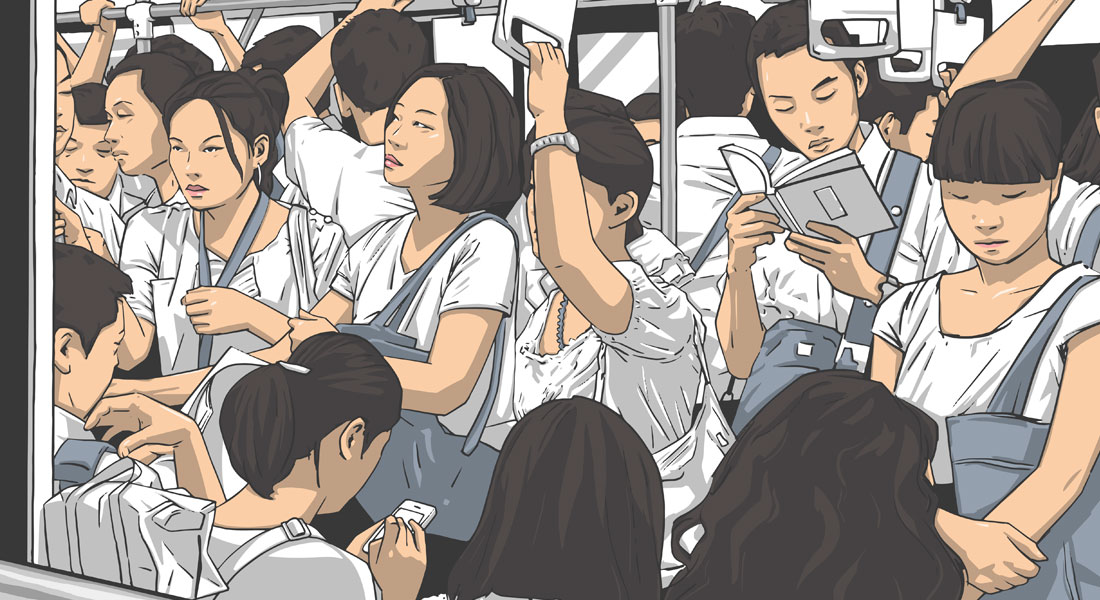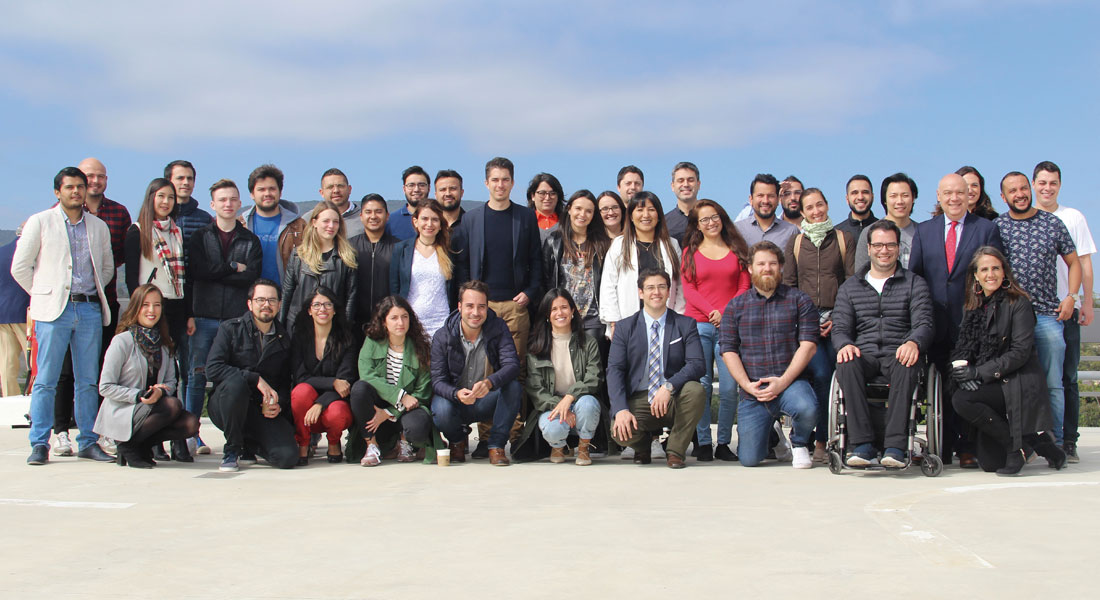


I have been enough years in higher education and academia (especially having to do with International Relations), to remember times of excited academic talk in universities and social sciences research centers about “Latin America at a crossroads”, or the supposedly “imminent Latin American takeoff”. It’s easy to see the premises for that: an external – let’s say an “alien” – observer could look at Latin America as a region and see immense potential: vast natural resources, a still relatively young population and workforce, a common language, and some shared historical roots. Dreams and projects for a Latin American integration and for European-style common institutions (some more grounded than others) have existed for decades. But LatAm’s expected “launch” into the stratosphere and into being a major player in global geopolitics has just never come to pass – and come the COVID-19 pandemic, the takeoff seems to be delayed indefinitely.
I remember for example the big academic buzz about the BRICS. The idea that a “motley crew” of then-developing countries (Brazil, Russia, India, China and South Africa or South Korea depending on who you ask) could somehow have this impending common takeoff, was questioned by other academics who pointed out that the concept wouldn’t exist if not for the catchy acronym. A buzzword it was. Since then – late 2000s to mid-2010s – all the BRICS countries went into wildly different directions: politically, economically, socially. China did take off, in perhaps the only clearly upwards trajectory of the crew, to be slowed down only recently with the pandemic. India slowly progresses in some regards more than in others. Russia was doing better for itself, then we all know what happened. Brazil was admittedly the only Latin American country in the BRICS, and back then it did seem like it was about to launch into something great. The downward trajectory started with the political “fall” of Dilma.
Other branches of social research on Latin America went deep into the sub-topic of Latin American integration – or more importantly, the lack thereof. Projects for unification (to varying degrees) of the various Latin American states go back to Bolívar himself. We do share much in common: a history of Spanish conquest, a language, a socio-ethnic status as mixed, multi-ethnic and plurinational (Bolivia does well to recognize in its official name). Today Europe has achieved a level of integration (questioned every day as it is by various political groups) that couldn’t have been dreamt of in the days of the still-lukewarm ashes of World War II. Currently they have common institutions dictating policy, a common currency with a centralized Bank – and most importantly for European long-term history, they have peace. Some Latin American scholars, politicians and activists see the European project and dream of “the same for us”.
But what Europe also has is a three-hundred-year head start into various experiments of democratization, sociopolitical institutions, and many peace projects both failed and successful. Our democracies in Latin America are much younger in every sense, still immature in their trajectory. Our institutions are much more fragile than European ones, as we see in painful ways and especially every day since the pandemic hit. We also have a colonial past – ironically, one caused by those same European powers. The colonial past may be far behind, but it left legacies that resonate today: inequalities, hierarchical political structures, inclinations towards the personalization of politics (“caudillismo”, or the penchant for one-big-man presidential structures). Natural resources sometimes become a curse rather than a blessing, as economists know.
Speaking of inequalities, COVID of course has worsened them all. It delivered brutal hits to economies in Latin America, most especially small business owners across the region. Our countries still struggle to gather much in taxes, and what does get collected is rarely spent on the kind of institutions or policies that sometimes help to alleviate poverty and inequalities; or to really foster upward social mobility. Latin America may still stay “at a crossroads” for years to come – the rocket never getting enough fuel for takeoff.









